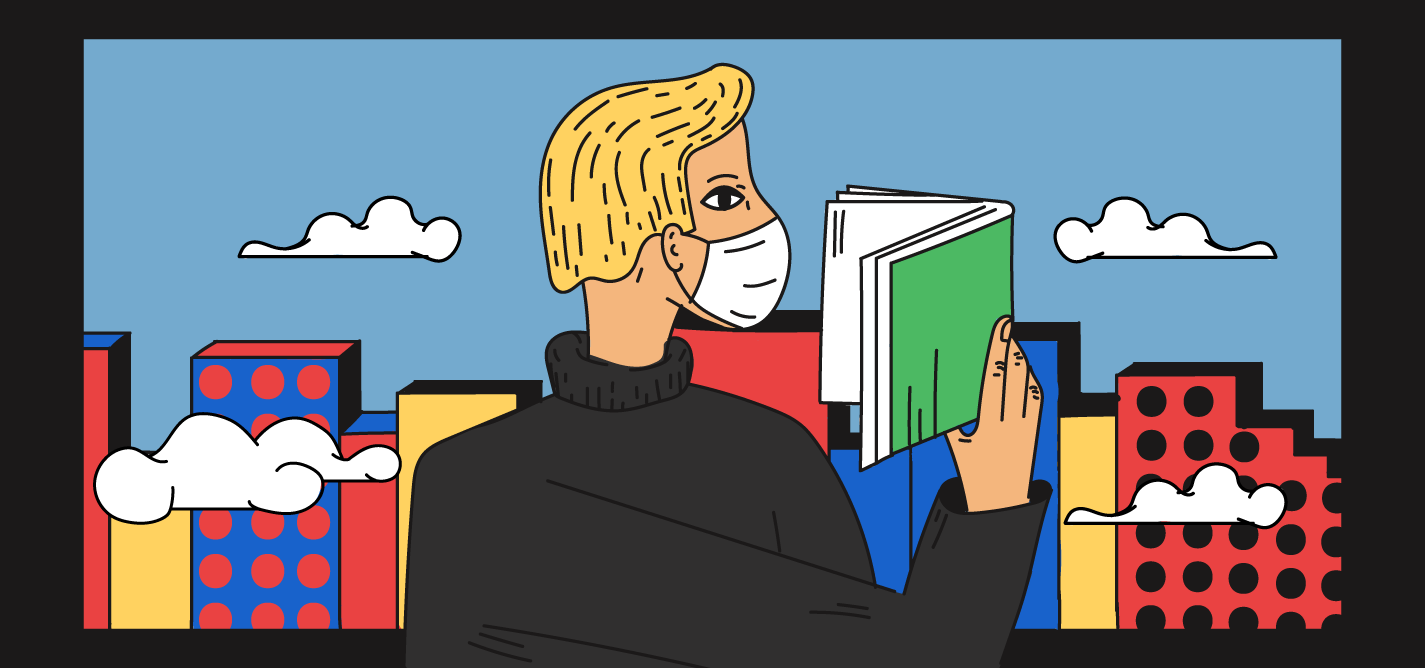
A storm of thought in lockdown times
When time seems to have stalled in one place, contemplate the world from a corner.
|25.08.2020
|
Finally, I was free to practice my profession as an actor.

Alban Goranci
Alban Goranci is an actor and a graduate of the Faculty of Arts at the University of Prishtina. He also studied Mass Communications and Journalism at AAB College.
This story was originally written in Albanian.